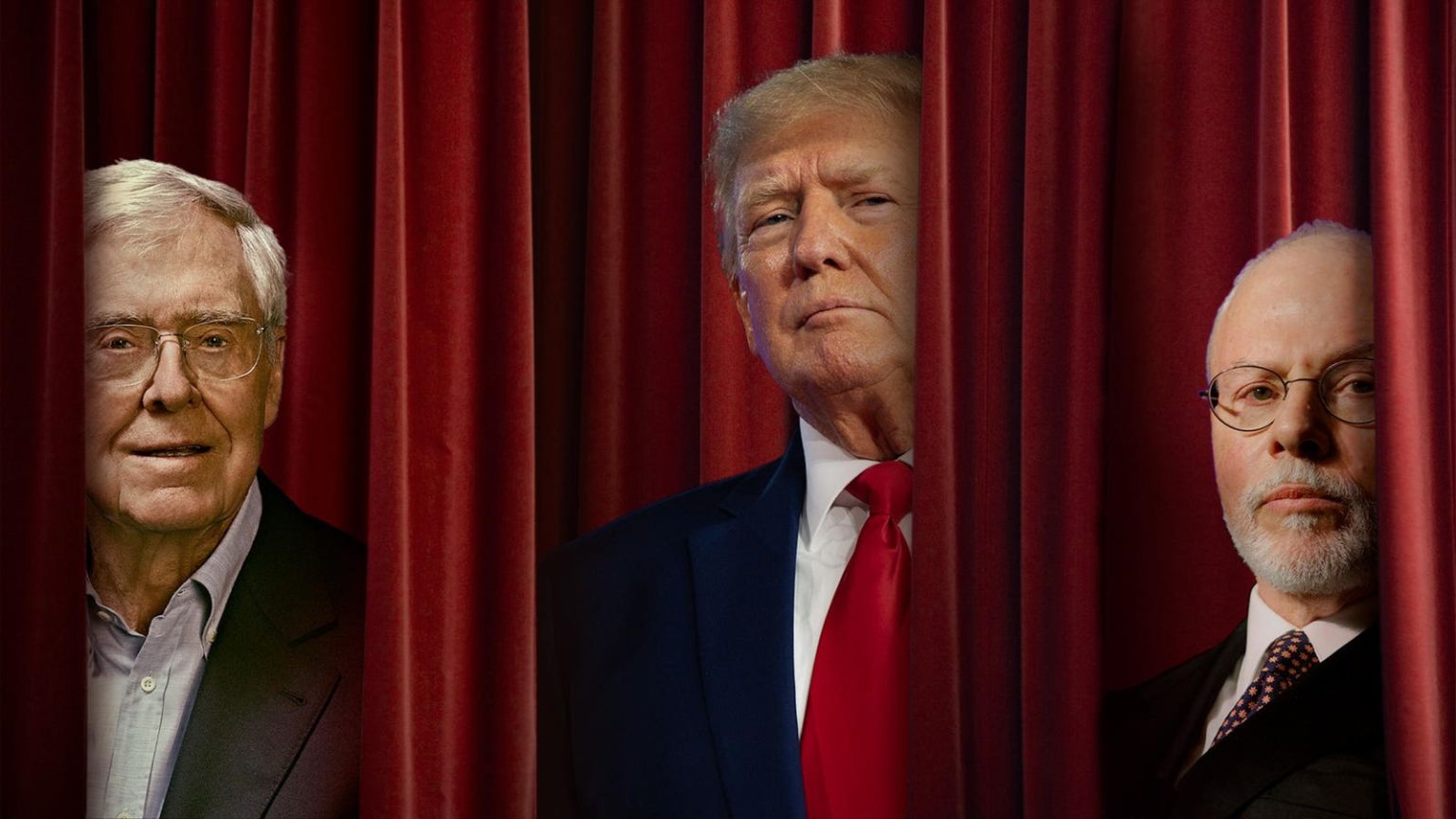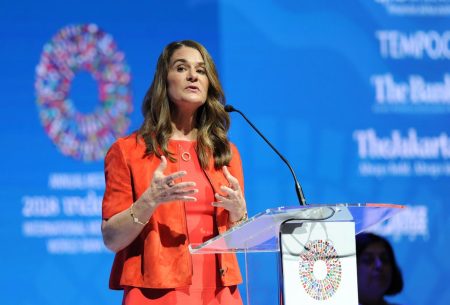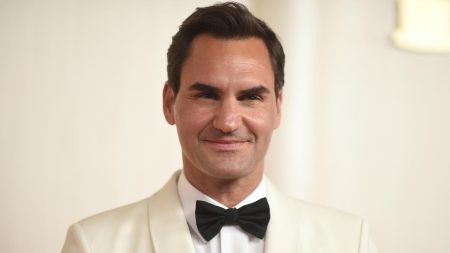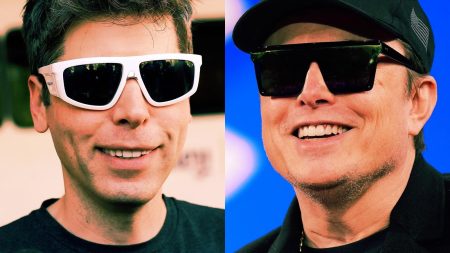As the Supreme Court prepares to issue its biggest rulings of the year, a number of billionaires are closely watching the outcomes. From well-known names like Charles Koch and Donald Trump to less familiar figures like the Searle family, these tycoons are working to shape the country’s laws through various legal cases. Using tax filings, court records, and other public documents, Forbes has compiled a list of the most notable billionaires involved in key Supreme Court cases.
Charles Koch, with a net worth of $59.6 billion, has long been a powerful force in American libertarianism. His network of nonprofits is currently backing a group of herring fishermen in a case that could overturn a landmark decision empowering federal agencies to enact policies without specific laws. Koch’s objective is to weaken the administrative state and promote individual liberty, which could benefit his business empire operating in highly regulated industries. Koch groups have filed numerous amicus briefs this term, including cases on executive branch power and funding for the Consumer Financial Protection Bureau.
David Green, with a net worth of $14.4 billion from his retail business Hobby Lobby, is working to restrict abortions through cases supported by Alliance Defending Freedom. One case seeks to restrict access to the abortion drug mifepristone, while another questions whether hospitals in states outlawing abortions must still conduct them in emergency situations.
The Sackler family, with a net worth of $5.2 billion, faces legal challenges related to their pharmaceutical company Purdue Pharma, which made billions selling opioids. A bankruptcy settlement reached with legal challengers has come under federal government scrutiny, as it could shield the Sackler family from further liability and save them potentially trillions in additional legal costs.
The Searle family, with a net worth of $1.5 billion, is using the Searle Freedom Trust to bring cases to the Supreme Court that challenge government regulation. The trust supports organizations like the New Civil Liberties Alliance, which has brought cases this term on federal agencies’ power, bump stocks for firearms, and social media misinformation.
Irwin Jacobs, despite losing his billionaire status in 2019, is backing the ACLU’s efforts in cases protecting First Amendment rights and civil freedoms. His support of the ACLU’s activities at the Supreme Court showcases his commitment to democracy and civil liberties.
Paul Singer, with a net worth of $6.1 billion from hedge funds, chairs the Manhattan Institute, a right-wing think tank that has filed amicus briefs in several major Supreme Court cases this term. Singer’s support of the institute raises questions about his influence on the court, especially following reports of Justice Alito traveling with Singer on a private jet.
Former President Donald Trump, with a net worth of $6.4 billion, is seeking protection against criminal charges and aiming to stay on the 2024 ballot through legal challenges. His donors are funding the legal fees in cases related to overturning the 2020 election results.













